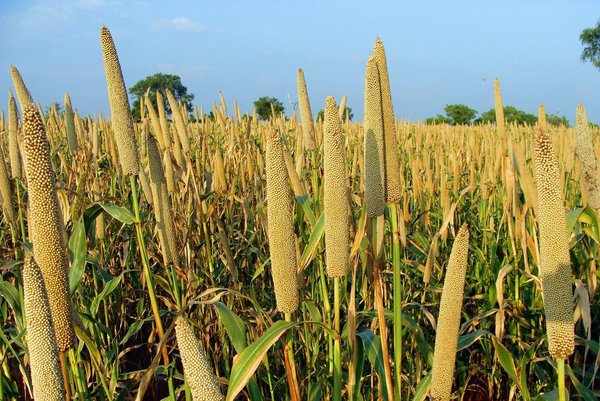 Read this article in French
Read this article in French- Share this article
- Subscribe to our newsletter
Climate change threatens cereal crop yields
The effects of climate change pose a major challenge for cereal production in many regions. In a recently published study in “Nature Reviews Earth & Environment”, scientists of the Leibniz Centre for Agricultural Landscape Research (ZALF) in Müncheberg/Germany have investigated how warmer temperatures, increased carbon dioxide levels and changes in water availability affect globally important cereals such as wheat, maize, millet, sorghum and rice.
In the case of a climate change scenario without adaptation measures, the simulated global crop yield losses for cereals are between seven and 23 per cent. The negative effects of climate change on cereal yields in higher latitudes could potentially be offset or even reversed through carbon dioxide fertilisation and adaptation options, the scientists said.
Investments in irrigation and water availability are needed
However, this would require significant investments and resources, for example in irrigation infrastructure and water availability. These adaptations could increase wheat yields in higher latitudes by up to 40 per cent compared to the baseline, according to the authors of the study. In lower latitudes, carbon dioxide fertilisation is less beneficial. Irrigation and nutrient management are probably the most effective adaptation options.
Millet and sorghum crops are often neglected in other studies in favour of wheat, maize and rice, but are important for food security in parts of Africa. Therefore, more targeted experimental and modelling studies are necessary to gain a clearer understanding of their response to climate change.
The study underlines the need for further research to better understand the links between climate change and crop yields. Furthermore, the authors identified the development of new crop varieties as one of the key steps to mitigate the adverse effects of climate change on crop yields.
(ZALF/wi)
Reference:





Add a comment
Comments :